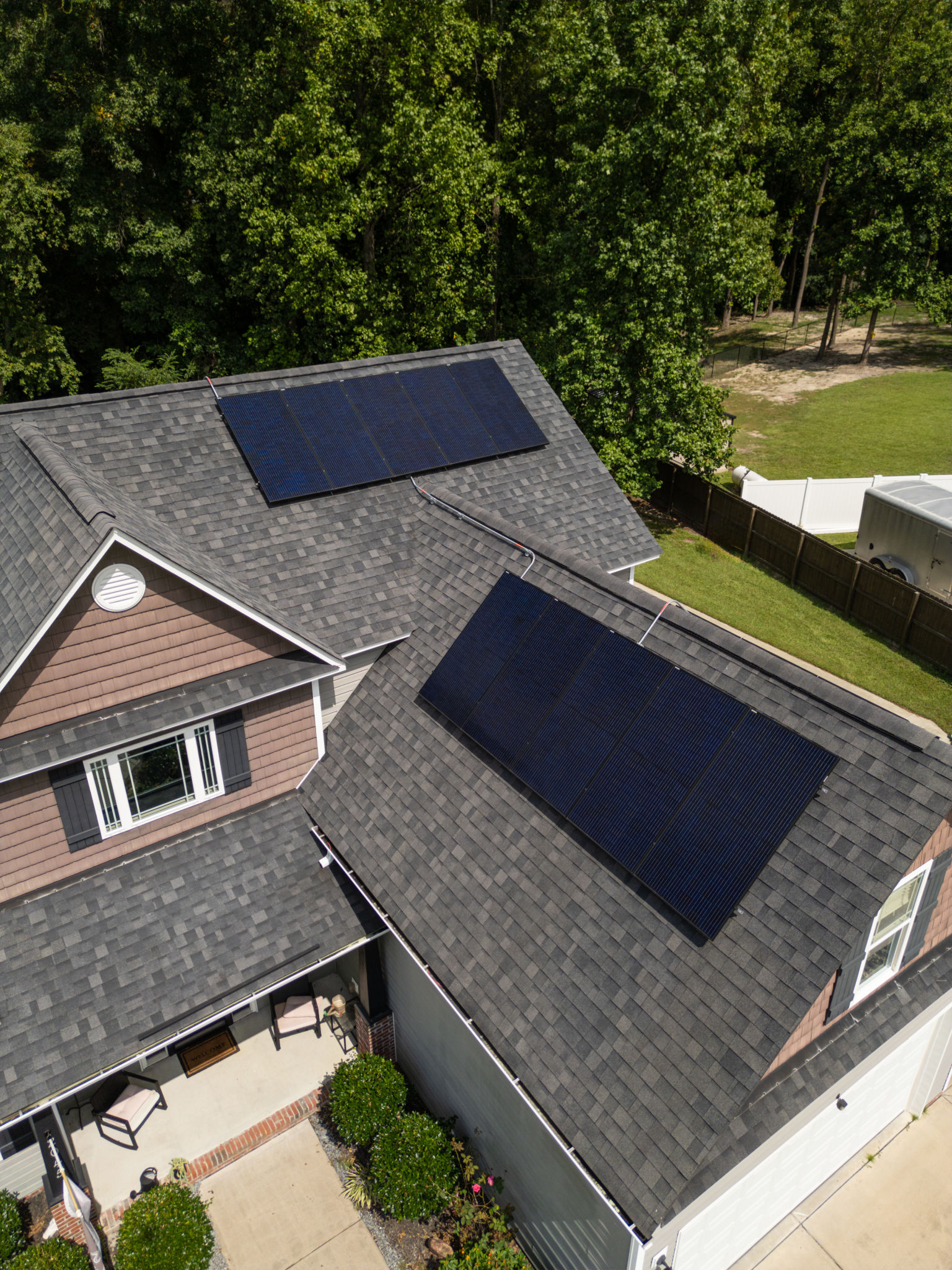A Comprehensive Guide to Installing Solar Panels: What You Need to Know
Understanding the Basics of Solar Panels
Solar panels are an increasingly popular choice for homeowners looking to reduce their carbon footprint and save on energy costs. These panels convert sunlight into electricity, providing a renewable and sustainable energy source. Understanding the basics will help you make informed decisions about installation.
Solar panels are typically composed of photovoltaic (PV) cells, which are made from semiconductor materials like silicon. When sunlight hits these cells, it creates an electric field that generates electricity. The efficiency and output of solar panels can vary based on factors such as the type of panel and the amount of sunlight received.

Evaluating Your Home's Solar Potential
Before installing solar panels, it is crucial to assess your home's solar potential. Start by evaluating your roof's orientation, size, and shading. Ideally, solar panels should face south and be free from obstructions like trees or other buildings that might block sunlight.
Consider the structural integrity of your roof as well. It should be strong enough to support the weight of the panels. Most solar companies offer a free evaluation to determine your home's suitability for solar power, ensuring you make the best decision for your investment.

Understanding Local Regulations and Incentives
Once you have determined your home’s suitability, familiarize yourself with local regulations and incentives. Many regions offer tax credits, rebates, or other incentives to encourage solar adoption. These can significantly offset the initial installation costs.
However, keep in mind that some areas may have specific regulations or permit requirements for solar panel installation. It's essential to research these beforehand to avoid any legal issues or added expenses down the line.

Choosing the Right Solar Panels
There are various types of solar panels available, each with its own set of advantages and disadvantages. Monocrystalline panels are known for their high efficiency and sleek appearance, while polycrystalline panels are typically more affordable.
Thin-film panels offer flexibility and are lighter in weight but often require more space for equivalent power output. Consider your budget, aesthetic preferences, and available roof space when choosing the right type of panel for your home.
Selecting a Qualified Installer
Choosing a reputable installer is as important as selecting the right solar panels. Look for experienced professionals with a track record of successful installations. Reading reviews and asking for recommendations can help you find reliable installers in your area.
Ensure that the installer is licensed and insured, and inquire about warranties on both the panels and the installation work itself. A good warranty can provide peace of mind and protect your investment over the long term.

Maintaining Your Solar Panels
Proper maintenance is crucial to ensure your solar panels operate efficiently over their lifespan. Keep the panels clean by removing dust, leaves, and other debris that can block sunlight. This can often be done with a simple rinse using a garden hose.
Regularly check for any signs of damage or wear on the panels and their components. Scheduling periodic inspections with your installer can help catch potential issues early, ensuring your system remains in optimal condition.